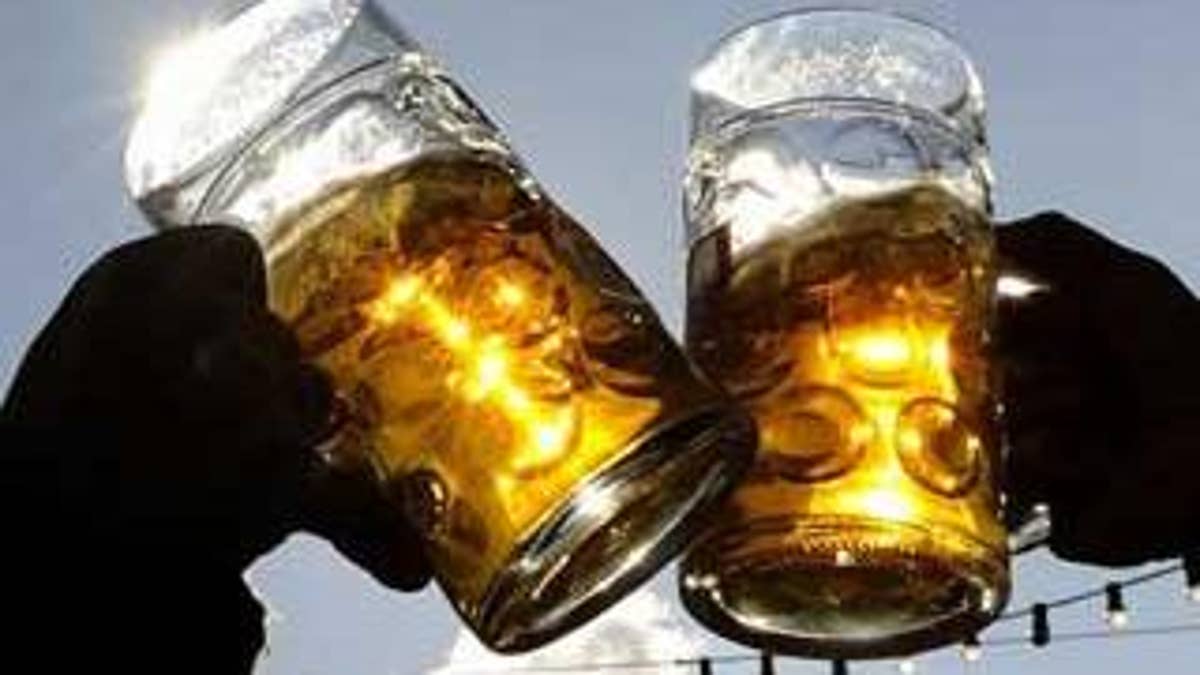
Government researchers are spending more than $400,000 in taxpayer money to hit the bars in Argentina.
The National Institutes of Health are paying researchers to cruise six bars in Buenos Aires to find out why gay men engage in risky sexual behavior while drunk -- and just what can be done about it.
Doctors and specialists from the New York Psychiatric Institute are using the generous grant from NIH's National Institute on Alcohol Abuse and Alcoholism to help tailor HIV prevention programs to work at bars and clubs.
Though public health officials say that HIV/AIDS rates are higher in Washington, D.C., than in some parts of West Africa, U.S. government funds are going to help curb dangerous liaisons in Argentina's capital.
The study began in September 2008, according to an online abstract, and has already cost taxpayers $198,776, NIH documents show.
"Targeting public venues in Buenos Aires where men meet, alcohol is consumed and sexual behavior occurs," the project's overview explains, "the goal of this 2-year exploratory study is to understand the various factors that contribute to the creation of a high risk sexual space."
That means NIH researchers will have as many as 730 nights on the town for careful observation and interaction.
"To that end, the study seeks to describe the relative contribution of physical characteristics of the place" -- social scientists call this the "vibe" -- and other factors like "patron characteristics" and "social dynamics" that can lead to risky behavior when mixed with a few parts alcohol.
NIH officials say the study is doing valuable work to address high HIV infection rates among homosexual men in Argentina, and that plans developed there could be translated for use in the United States and elsewhere.
Researchers plan to interview dozens of bar patrons and proprietors to help develop the on-site intervention programs -- and they mean to be exact.
"Venue patrons will also undergo a brief quantitative assessment to gather descriptive data on sexual behavior and substance use among this sample," the study's abstract reads.
In layman's terms, that means they're asking drinkers to keep tabs on their quaffs and their quarry; fortunately for their more modest subjects, it's not a qualitative test too.
Because the study is promoting venue-based prevention programs, researchers will have to be exact about the bars they visit in the city of 13 million, taking special care to describe the them "in terms of their physical characteristics, alcohol availability, patron characteristics and sexual behavior that occurs in the venue."
An NIH official said that funds approved for the project include $275,000 for direct costs and an additional $125,000 in indirect costs, but would not elaborate. Though FOXNews.com could not confirm the median price of cervezas in Buenos Aires, that should leave a lot of money for tips.




